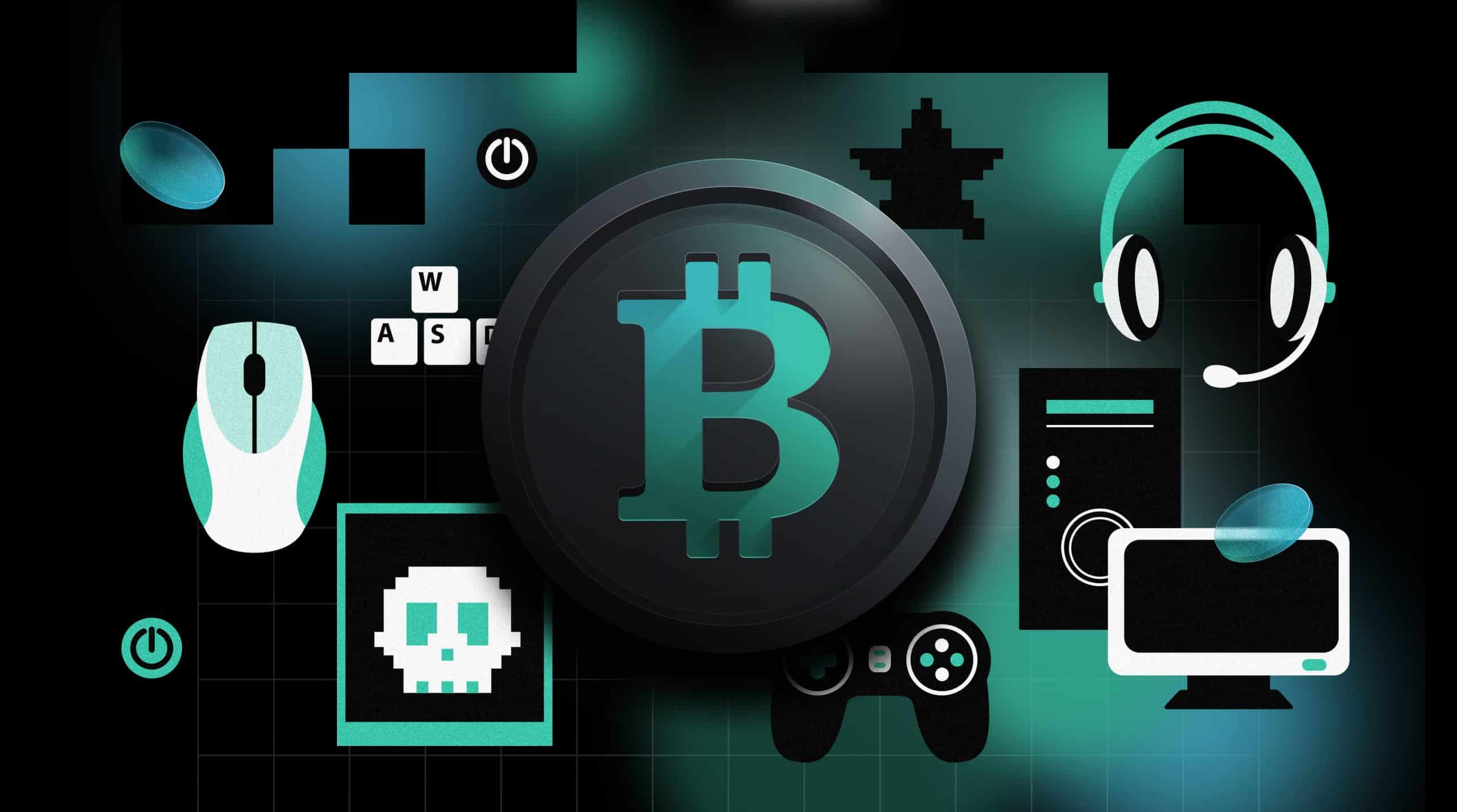Mobile gaming and cryptocurrencies have joined to start Bitcoin Mobile iGaming. This big step forward in iGaming is growing fast. It brings new growth, challenges, and chances for both players and creators. Adding Bitcoin has made mobile gaming more popular. Now, about 420 million people, mostly aged 15 to 35, are enjoying this expanding gaming world.
Bitcoin mobile gaming platforms enhance user experiences by leveraging advanced, yet non-intrusive, marketing strategies to protect client privacy and ensure security. This article delves into the transformative impact of cryptocurrencies like Bitcoin on mobile gaming and the regulatory landscape that governs this evolving domain.
Mobile IGaming Ascendancy
In 2018, mobile gaming made more money than console and PC gaming together. By 2022, it had over 60% of the iGaming market. It’s expected to hit $214 billion by 2028. More people using smartphones and tablets, especially in poorer countries, have fueled this growth. Mobile iGaming is now easier to access thanks to its convenience, better security, and new tech.
Bitcoin’s Influence on Mobile Gaming
Bitcoin’s integration into mobile gaming introduces several advantages, including provably fair gaming, reliability, and enhanced security through blockchain technology. This ensures that games cannot be manipulated, providing a 100% fair gaming experience. Bitcoin mobile gaming also offers secure transactions, privacy, and anonymity, reducing the risk of data breaches. However, to withdraw funds, players must comply with KYC protocols set by regulatory bodies to prevent fraud and money laundering. Bitcoin also introduces smart contracts, ensuring swift and secure payouts.

Regulatory Framework for Mobile iGaming
The regulatory environment for mobile iGaming is crucial for ensuring player security and privacy. Regulatory bodies oversee the collection and protection of client data, implementing measures to prevent unauthorized access and data breaches. In regions where cryptocurrency use in online gaming is allowed, authorities like the UK Gambling Commission and the Malta Gaming Authority regulate the sector to ensure fairness, security, and responsible gaming practices.





